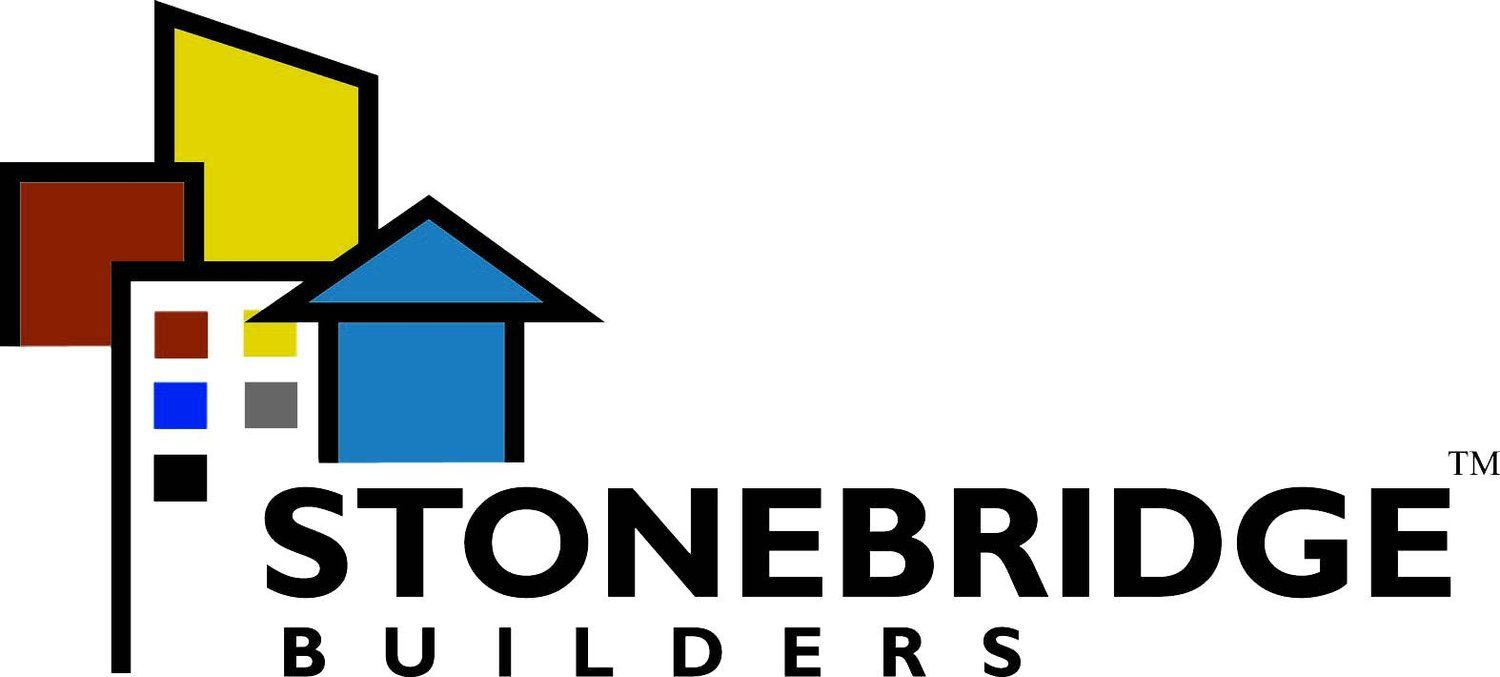I. Introduction
Denver, situated in the heart of Colorado, is witnessing a significant transformation in its housing market. Similar to areas like Arvada, Boulder, and Broomfield, the Denver housing landscape reflects the broader trends of Colorado. Many homeowners in these areas are re-evaluating their real estate investments, pondering whether to relocate or reinvest in their homes. This paper delves deep into why remodeling, from kitchens to basements, might be the strategic move.
II. The Denver-Area Housing Landscape
Recent data from the heart of Denver to the outskirts of Broomfield suggests:
A discernable drop in median home prices compared to last year.
A lengthening duration for homes sales, with properties staying on the market for more extended periods.
Nationally, the growth rate for median home prices in 2023 is anticipated to slow down relative to 2022.
The central issue remains: an affordability crisis driven by rising interest rates and soaring home values in areas like Boulder and Arvada.
III. Unveiling the Benefits of Remodeling in Colorado
Amidst these market shifts, remodeling—from simple additions to comprehensive pop tops—emerges as a robust solution:
Value Addition: Quality renovations, whether in kitchens, basements, or entire home transformations, can augment property value—even in a decelerating market. This is a crucial aspect for those looking at real estate as long-term investments.
Personalization: From Arvada to Boulder, homeowners are discovering the joys of personalizing their spaces. Remodeling empowers them to adapt their homes to their evolving preferences without the intricacies of relocating.
Cost-Effectiveness: In places like Broomfield, remodeling often trumps the financial burden of buying anew, especially when one considers the associated costs of selling, purchasing, and moving.
Economic Impact: Across Colorado, remodeling boosts the local economy. Hiring a contractor in Denver or engaging trades in Boulder supports regional businesses.
IV. Broader Insights: Housing Construction Challenges
While constructing new homes might seem a solution, it comes with its challenges:
Environmental reservations linked to expansive construction.
Potential overburden on existing infrastructures, especially in burgeoning areas like Broomfield.
Local opposition to new housing initiatives.
Stringent regulatory restrictions.
Considering these hurdles, Denver and its neighboring cities like Arvada and Boulder find remodeling a more sustainable choice, sidestepping the complications of fresh constructions.
V. Conclusion
Colorado's dynamic housing scene, from Denver to Boulder, presents homeowners with a unique crossroads. The choices made here, especially about real estate investments and sales, can have lasting implications. As this paper highlights, instead of venturing into new territories, there's immense value in refining and reimagining one's current space through remodeling. It's not just about enhancing personal living spaces; it's about making a sound financial decision in Colorado's ever-evolving real estate market.
